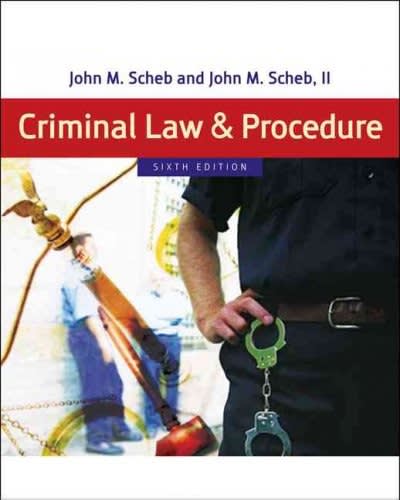Consider the following hypothetical case: Members of the American Nazi Party announced a demonstration to be held
Question:
Consider the following hypothetical case: Members of the American Nazi Party announced a demonstration to be held in Pleasant Ridge, a predominantly Jewish suburb of Metropolis. The Pleasant Ridge City Council quickly adopted an ordinance requiring groups planning demonstrations to obtain a permit from the police department. Under the ordinance, to hold a demonstration without a permit was a misdemeanor, punishable by a $1,000 fine and 60 days in jail. The Nazis applied for a permit and were denied on the grounds that their presence in Pleasant Ridge constituted a “clear and present danger to the public order.”
The Nazis held their demonstration anyway. Approximately one hundred demonstrators congregated on the city square. Many were dressed in Nazi uniforms, others carried banners emblazoned with swastikas, and others held signs on which were printed anti-Semitic slogans. Pleasant Ridge police arrived at the scene and asked the demonstrators to disperse. When they refused, police arrested some demonstrators; others ran to avoid arrest. The leader of the Nazi group, Asa Houle, was convicted of a number of offenses, including violation of the new ordinance. On appeal, Houle is challenging the constitutionality of the ordinance. What do you think the court’s ruling should be? Explain your reasoning.
Step by Step Answer:






